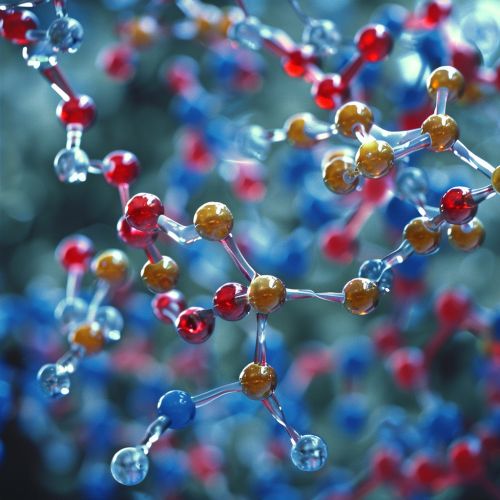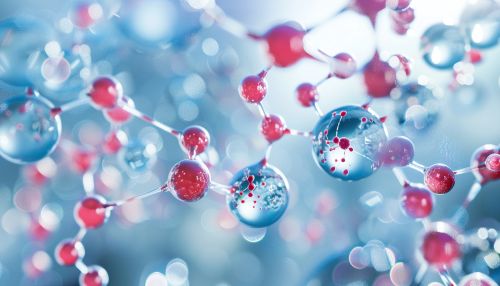Aspartate
Overview
Aspartate is one of the 20 amino acids that are used in the creation of proteins in living organisms. It is a non-essential amino acid, meaning that it can be synthesized by the body and does not need to be obtained through the diet. Aspartate is a key molecule in the citric acid cycle, also known as the Krebs cycle, which is a series of chemical reactions used by all aerobic organisms to generate energy.


Structure and Properties
Aspartate is an α-amino acid that contains a carboxylate (COO-) and an amino (NH2) functional group. Its side chain is a carboxylate group, making it a negatively charged polar amino acid. The pKa of the side chain is 3.9, meaning that it tends to lose a proton and carry a negative charge at physiological pH. This property makes aspartate a good ligand for metal ions such as calcium and magnesium.
Role in Metabolism
Aspartate plays a crucial role in the metabolism of both proteins and nucleic acids. It is a precursor for several amino acids, including methionine, threonine, isoleucine, and lysine. In the urea cycle, aspartate and carbamoyl phosphate combine to form argininosuccinate, which is then converted into arginine and fumarate. Aspartate is also a precursor for the synthesis of purine and pyrimidine nucleotides, which are the building blocks of DNA and RNA.
Role in Neurotransmission
Aspartate is one of the major excitatory neurotransmitters in the brain, along with glutamate. It binds to and activates certain types of neurotransmitter receptors on the surface of neurons, leading to the influx of positive ions into the neuron and causing it to fire an electrical signal. Overactivation of aspartate receptors can lead to excitotoxicity, a process that can cause neuronal damage and is implicated in conditions such as stroke and neurodegenerative diseases.
Dietary Sources and Supplementation
Aspartate is found in a variety of foods, including meats, grains, and dairy products. It can also be synthesized by the body from oxaloacetate, a metabolite in the citric acid cycle. Aspartate supplements are sometimes used by athletes to enhance performance, although the efficacy of this practice is not well-established.
